Crafting a Dopamine Menu: A Recipe for Balanced Well-being
Dopamine, often referred to as the “feel-good” hormone, plays a significant role in our brain’s reward system, offering feelings of pleasure and satisfaction. In today’s digital age, many of us habitually seek dopamine boosts through social media and constant phone use. However, diversifying our sources of dopamine can lead to a more balanced and fulfilling lifestyle.
Introducing the concept of a Dopamine Menu can serve as a practical tool in achieving this balance. Much like perusing a restaurant menu, our Dopamine Menu can be divided into distinct categories:
Starters: These are quick and easy tasks that require minimal setup and time commitment—perfect for brief breaks between activities. Examples include stretching, deep breathing exercises, tidying up our surroundings, spending time with a pet, or enjoying a healthy snack.
Mains: Our main courses consist of activities that demand more time and engagement, typically lasting between 30 minutes to an hour. These pursuits should bring genuine joy and a sense of accomplishment. Consider options like reading a book, going for a run or leisurely walk, practicing a musical instrument, or indulging in a relaxing bath.
Sides: Sides complement our main tasks, providing motivation during mundane or tedious activities such as cleaning or working. Listening to music, using a desk bike, or catching up with a friend via phone call are excellent examples of side dishes that can enhance productivity and enjoyment.
Desserts: While enjoyable in moderation, desserts represent activities that offer instant dopamine gratification but can make us feel icky when overindulged. These include social media scrolling, binge-watching TV shows, or having a sugary treat.
Specials: Reserved for occasions that require more time or resources, our specials encompass activities that bring immense pleasure but may be less frequently indulged in. This category could include attending a concert, dining out at a favorite restaurant, or embarking on a spontaneous trip.
Crafting a Dopamine Menu empowers us to consciously choose alternative sources of pleasure beyond our habitual “desserts.” Additionally, implementing barriers to make accessing our dessert category more challenging can help promote moderation. Setting time limits on screen usage, relocating distracting apps to less accessible areas on our phones, or placing sweets in harder-to-reach spots are effective strategies.
Simultaneously, we can enhance the accessibility of healthier options by making them more readily available. Keeping craft supplies or workout gear easily accessible, or placing meditation apps prominently on our devices, can encourage us to engage in activities that contribute positively to our well-being.
By curating our Dopamine Menu and implementing mindful practices, we can foster a more balanced and enriching lifestyle, one that prioritizes genuine fulfillment over fleeting pleasures.
